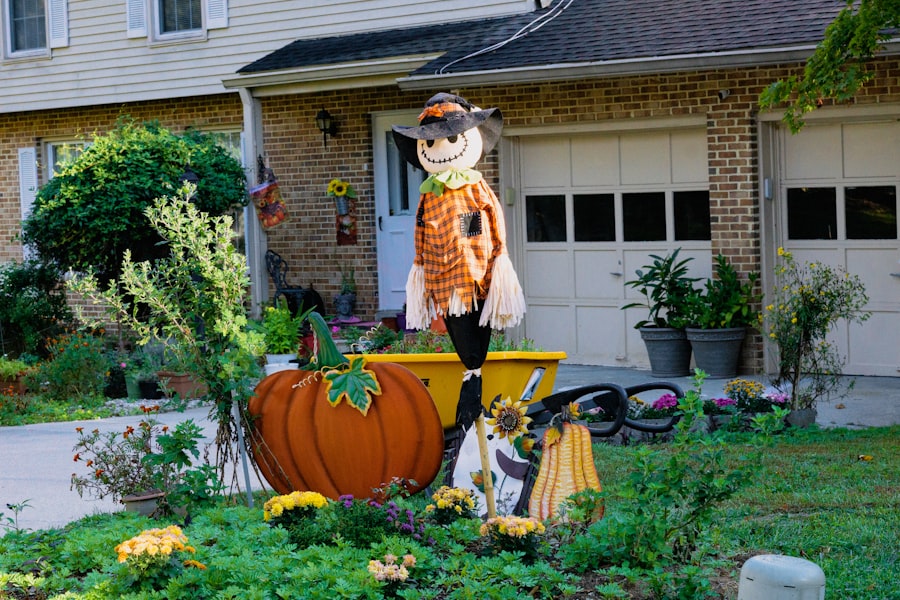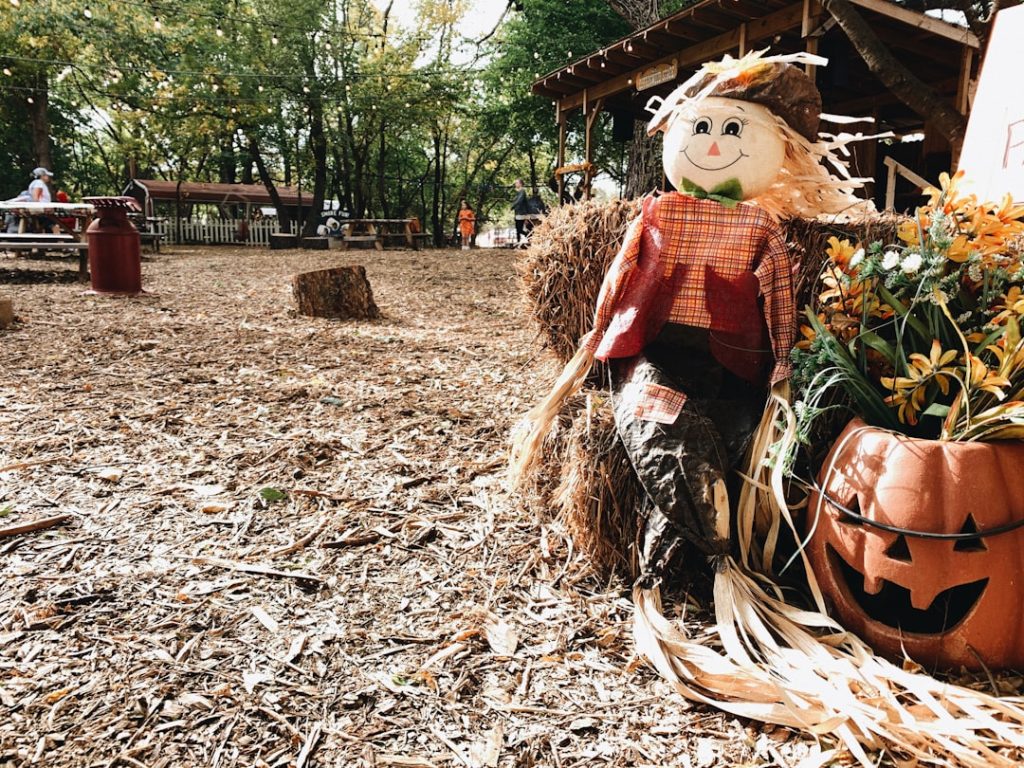Addressing the issue of persistent chicken intrusions on private property presents significant challenges for both agricultural and residential landowners. Chickens can cause extensive damage to crops, gardens, and landscaping through their natural behaviors such as scratching the soil and consuming seeds. Their presence may also lead to sanitation concerns due to the accumulation of droppings, which can be unsightly and potentially harbor pathogens.
To mitigate these problems, property owners must implement effective and ethical deterrent strategies that discourage chickens from entering their land while ensuring the birds’ welfare. Developing a comprehensive approach to chicken management is essential for maintaining the integrity of agricultural operations and preserving the aesthetic and functional value of residential outdoor spaces.
Table of Contents
- 1 Understanding Chicken Behavior
- 2 Creating Physical Barriers
- 3 Using Natural Deterrents
- 4 Implementing Sound and Motion
- 5 Securing Food Sources
- 6 FAQs
- 6.1 What are some natural ways to keep chickens away from my Halloween props?
- 6.2 Are there any commercial products that can help keep chickens away from my Halloween props?
- 6.3 How can I physically block chickens from accessing my Halloween props?
- 6.4 Is it safe to use scare tactics to keep chickens away from my Halloween props?
- 6.5 What should I do if I find chickens near my Halloween props?
Key Takeaways
- Chickens can be a target for predators, so it’s important to understand their behavior and implement measures to protect them.
- Understanding chicken behavior, such as their roosting and foraging habits, can help in creating effective physical barriers to keep predators out.
- Natural deterrents like predator urine, predator decoys, and certain plants can help keep predators away from the chicken coop.
- Sound and motion can be used as effective deterrents, such as using motion-activated lights or sound machines to scare off predators.
- Securing food sources and keeping the chicken coop clean can help reduce the risk of attracting predators.
Understanding Chicken Behavior
Curiosity and Opportunism
Chickens are naturally curious and opportunistic creatures, constantly on the lookout for food and new areas to explore. This innate curiosity drives them to investigate potential sources of nutrition and venture into new territories.
Chickens are social animals that often travel in flocks, following the lead of more dominant individuals. This social structure plays a significant role in their behavior, and understanding it can help in developing effective deterrent strategies.
Environmental Sensitivity
Chickens are sensitive to changes in their environment and can be easily startled by sudden movements or loud noises. This sensitivity can be leveraged to create deterrents that capitalize on their fear of sound and motion.
By understanding these aspects of chicken behavior, it becomes possible to develop a comprehensive approach to deterring them from your property. By identifying potential entry points, securing food sources, and disrupting their sense of safety and comfort, you can effectively keep chickens off your property.
Creating Physical Barriers

One of the most effective ways to deter chickens from entering your property is by creating physical barriers that prevent their access. This can include installing fences or netting around the perimeter of your property to keep chickens out. The height and material of the barrier will depend on the size and agility of the chickens in your area.
For smaller chickens, a simple wire fence may be sufficient, while larger and more agile breeds may require taller and sturdier barriers. In addition to perimeter fencing, it’s important to secure specific areas of your property that may be particularly attractive to chickens, such as gardens or compost piles. This can be achieved by using chicken wire or netting to cover these areas and prevent access.
By creating physical barriers, you can effectively limit the areas where chickens can roam freely, reducing the potential for damage to your property.
Using Natural Deterrents
In addition to physical barriers, natural deterrents can also be effective in deterring chickens from entering your property. Chickens are sensitive to certain scents and tastes, and there are several natural substances that can be used to repel them. For example, spreading citrus peels or spraying citrus-based solutions around your property can deter chickens due to their aversion to the strong scent of citrus.
Similarly, sprinkling cayenne pepper or garlic powder in areas where chickens frequent can discourage them from lingering. Another natural deterrent is the use of predator urine or feces, which can create the impression that predators are nearby, causing chickens to avoid the area. These natural deterrents can be effective in keeping chickens at bay without causing them harm, making them a humane option for deterring unwanted poultry.
Implementing Sound and Motion
Chickens are easily startled by sudden movements and loud noises, making sound and motion deterrents an effective way to keep them away from your property. One method is to install motion-activated sprinklers that release a burst of water when triggered by movement. This not only startles the chickens but also creates an unpleasant experience that they will want to avoid in the future.
Another option is to use noise-making devices such as wind chimes or ultrasonic repellers that emit high-frequency sounds that are irritating to chickens. These devices can be strategically placed around your property to create a constant deterrent effect without causing harm to the chickens or other wildlife. By implementing sound and motion deterrents, you can create an environment that is uncomfortable and unwelcoming for chickens, encouraging them to seek out more hospitable areas away from your property.
Securing Food Sources

Securing Food Sources
Chickens are attracted to areas with abundant food sources, making it crucial to secure any potential food attractions on your property. This includes properly storing and securing garbage bins, compost piles, and pet food to prevent access by chickens. Additionally, it’s essential to clean up any spilled birdseed or other food sources that may attract chickens.
Protecting Crops and Seeds
In agricultural settings, it’s vital to secure crops and seeds by using row covers or netting to prevent access by chickens. By eliminating potential food sources, you can reduce the incentive for chickens to enter your property, making it less likely that they will cause damage.
Implementing Effective Deterrent Methods
By creating physical barriers, using natural deterrents, implementing sound and motion strategies, and securing food sources, you can effectively deter chickens from causing damage and disruption on your property. It’s essential to approach this issue with patience and persistence, as deterring chickens may require ongoing efforts to maintain their effectiveness.
If you’re looking for ways to keep chickens away from your Halloween props, you may also be interested in learning about the benefits of having a garden chicken coop. Check out this article to discover how a garden chicken coop can provide a safe and secure space for your chickens while also keeping them away from your Halloween decorations.
FAQs
What are some natural ways to keep chickens away from my Halloween props?
Some natural ways to keep chickens away from your Halloween props include using citrus peels, coffee grounds, or vinegar around the area. Chickens do not like the smell of these items and will likely stay away.
Are there any commercial products that can help keep chickens away from my Halloween props?
Yes, there are commercial products available that are designed to repel chickens. These products often use natural ingredients such as garlic or hot pepper to deter chickens from coming near your Halloween props.
How can I physically block chickens from accessing my Halloween props?
You can physically block chickens from accessing your Halloween props by using fencing, netting, or other barriers. Make sure the barriers are secure and tall enough to prevent the chickens from getting through.
Is it safe to use scare tactics to keep chickens away from my Halloween props?
Using scare tactics, such as loud noises or sudden movements, can be effective in keeping chickens away from your Halloween props. However, it’s important to ensure that these tactics do not cause undue stress or harm to the chickens.
What should I do if I find chickens near my Halloween props?
If you find chickens near your Halloween props, gently shoo them away and then take measures to prevent them from returning. This may involve using natural repellents, setting up physical barriers, or employing scare tactics.
Meet Walter, the feathered-friend fanatic of Florida! Nestled in the sunshine state, Walter struts through life with his feathered companions, clucking his way to happiness. With a coop that’s fancier than a five-star hotel, he’s the Don Juan of the chicken world. When he’s not teaching his hens to do the cha-cha, you’ll find him in a heated debate with his prized rooster, Sir Clucks-a-Lot. Walter’s poultry passion is no yolk; he’s the sunny-side-up guy you never knew you needed in your flock of friends!







